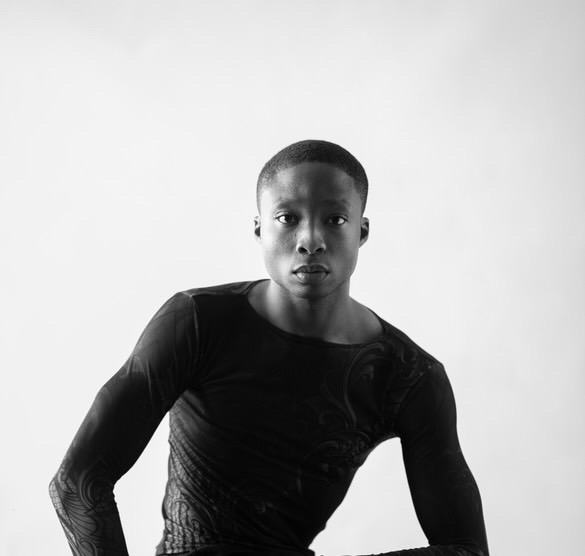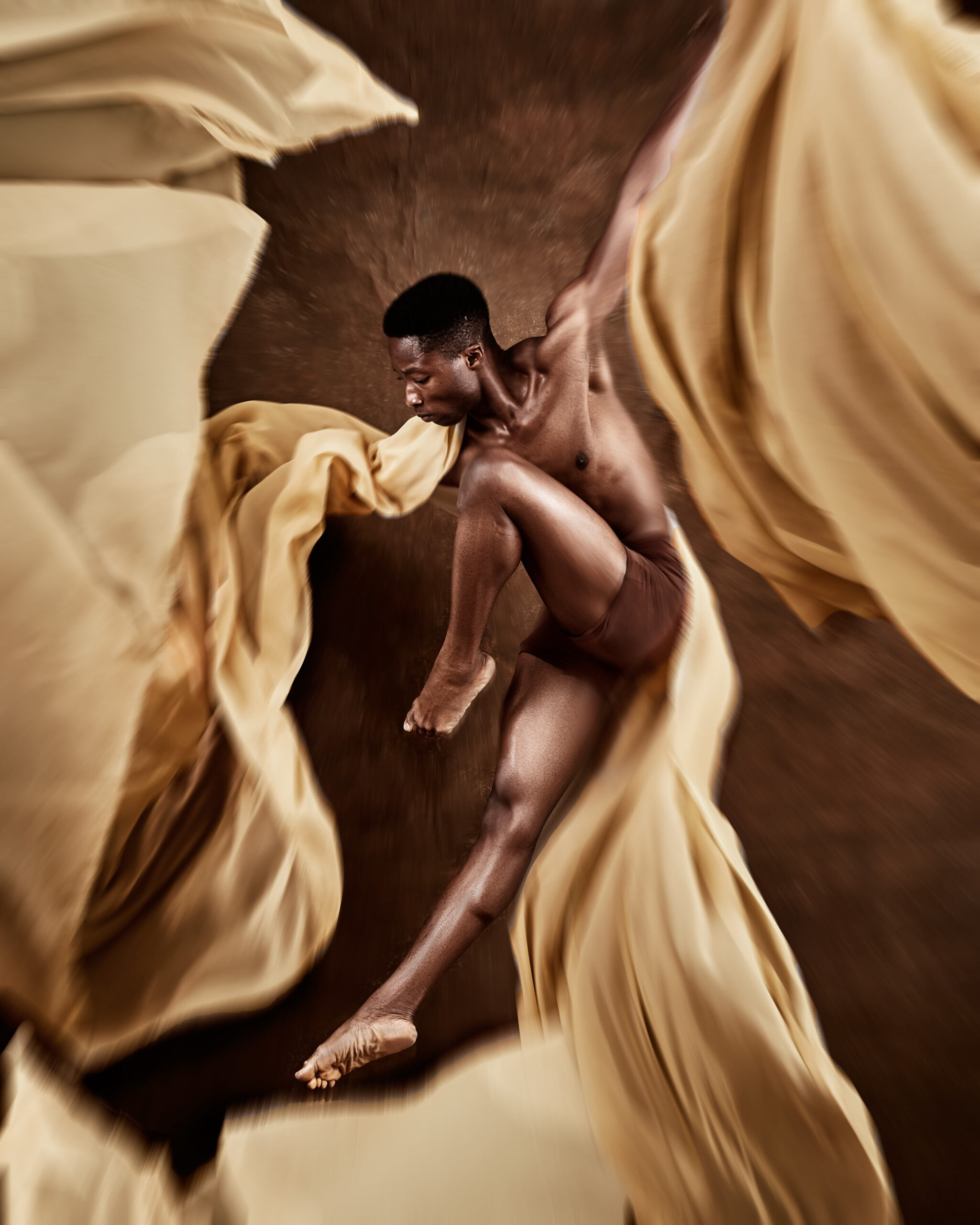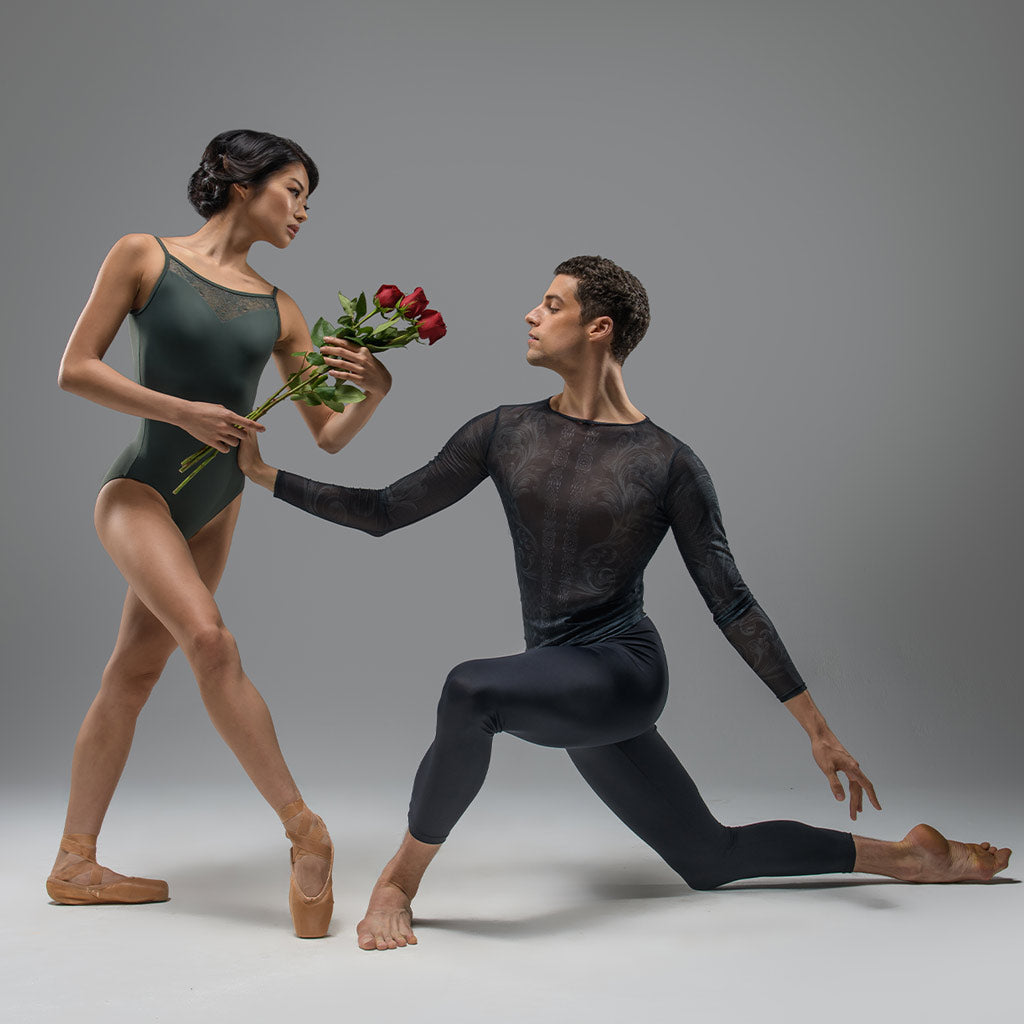We’re delighted to be highlighted in BellaNaija’s inspirational feature, 'Doing Life with Emmanuel Osahor.' The article explores Emmanuel’s journey in the world of dance and design, including his collaboration with Ballet Rosa. Learn how artistry and precision come together to inspire dancers worldwide.
Emmanuel Osahor Talks Balancing His Law Career and Ballet Dancing in Today’s “Doing Life With…”
Doing Life With… is a BellaNaija Features series that showcases how people live, work, travel, care for their families and… everything in between. We are documenting the lives of all people and ensuring everyone is well-represented at BN.
This week, we are doing life with Emmanuel Osahor, a lawyer, teacher and founder and executive director of Slum to Stage Africa, a nonprofit founded to create preliminary and intermediate dance training for children and young adults in developing areas in Abuja through performing and creative arts programs that enhance both their academic and artistic performance.
Enjoy the conversation!
Hey Emmanuel, how do you do?
I am very well, thank you.
Can you share a bit about your background—your upbringing, education, and any key moments from your childhood that shaped you into what you are today?
I grew up in a very traditional African home. Certain rules were absolute- no going out unless for errands; must be home before 5 pm; study hard to secure a good job with clear options: pursue professional courses, with a choice between medicine or engineering. I, however, decided to study law at Benson Idahosa University.
One childhood memory that profoundly shaped my work ethic is a story my mother shared with me. When I was one month old, my mother had to sell farm produce in a town far from our village. She wrapped me on her back and set off with her younger brother on their motorcycle. Along the way, it started raining, so intense that my mother and her brother fell into the mud. Floodwaters swept away her sandals. Despite this, my mother pressed on, sold her produce at the market and returned home barefoot.
Whenever we visited that area later in life, she would point to where she had fallen and say, “This is where I fell, with you on my back.” Her story made me decide that distance would never be a barrier to impacting others, achieving my goals or securing the bag.

So, you’re a ballet dancer
Yes, I am.
Before we talk about that, how do you balance lawyering with dancing?
Both career paths are so demanding and rewarding, and I’m still figuring out how to balance them. I remember when I was preparing for my Bar Finals, and I received a call from Kaffy to perform with the dancers at the Big Brother Naija 2019 Opening Night. Some of my classmates—who had seen me on TV and social media—wondered if I was even studying for the exams. Most days, I rush from rehearsals during office breaks, or after hours when my colleagues have already gone home. The fun part? The thrill of changing outfits in the car on the way to my next appointment. One moment I’m in a suit; the next, I’m in a costume. It honestly makes me feel like Batman—switching identities.
Tell us about your dancing journey
At school or in church, I was always involved in the cultural dance troupe as a child. Most times, I was almost the only boy or one of just two or four boys surrounded by ten or fifteen girls. Dancing in church, however, irritated my father so much that he forbade me from dancing, even during the regular praise and worship sessions. To him, I was meant to be quiet, refined, and mysterious—preparing to one day be a Chief Judge. So, slowly, I became quiet.
Until my third year in university, I had never heard of ballet. One Saturday, a female friend needed to rent ballet costumes for a Christmas carol performance at church. She asked me to accompany her to the dance studio to pick them up, and I agreed. That day, I walked into the studio as a law student, and I left as an artist. I asked the dance teacher, Aunty Marie if I could join the class. She said yes. I paid my ballet fees using my feeding money and showed up for training the very next day.
For the next four years, I trained every Saturday, never missing a single dance class. And I’ve been dancing ever since.
Considering that ballet is somewhat strange to Nigeria, did you face any form of pushback or stereotypes when you started?
The only significant pushback I experienced came from my family, particularly my parents. I love and adore them deeply, so their resistance to the one art form through which I express myself was particularly hurtful. It affected me profoundly, in a way that no other opposition ever has.
Another moment that came close to that level of pain occurred during my NYSC year. I performed for the then Director General of NYSC, and the performance was so well-received that I was immediately assigned to the Dance and Drama CDS group. However, when I went to register my details at the NYSC office, the officer in charge asked what I had studied in school. When I told her I studied law, she allocated me to the Legal Aid CDS instead. I reminded her that I had already been assigned to the Dance and Drama CDS. She looked at me with a mixture of disdain and disbelief and said, “Hmm, a lawyer who wants to dance.” I was embarrassed, to say the least. Despite that moment, I had an amazing experience in the Dance and Drama CDS. It reminded me that my passion cannot be diminished by the judgments of others.
Well done for that
Thank you.

It must be a good feeling to be the first Nigerian brand ambassador for Ballet Rosa
Ballet Rosa Homme is a European dancewear line solely for male dancers, and being the first Nigerian Brand Ambassador is a tremendous honour. Ballet Rosa Homme represents a blend of sophistication, artistry, and global excellence, and I’m thrilled to have the opportunity to be part of such a prestigious brand. As a Nigerian, this recognition also brings pride to the ballet contemporary community in my country, showing that there are no boundaries when it comes to talent, fashion, and cultural representation. Honestly, it was this honour that motivated me to continue breaking new ground after COVID struck and things were beginning to open up slowly.
What has been your proudest moment since you started dancing?
My proudest moment was when I finally told my parents about Slum to Stage Africa. I had been preparing for the third edition of our annual Slum to Stage Event, and this year’s production was particularly significant. It featured a dance performance in ARTvocacy against Sexual and Gender-Based Violence (SGBV), inspired by Chinua Achebe’s Things Fall Apart. I could feel that Slum to Stage was gaining real momentum, and I knew it would be unfair to keep my parents out of the loop any longer. I am particularly proud of this year’s Slum to Stage Africa production.
Read the Full Feature on BellaNaija
Want to learn more about our journey? Discover our story or explore Homme collections.



